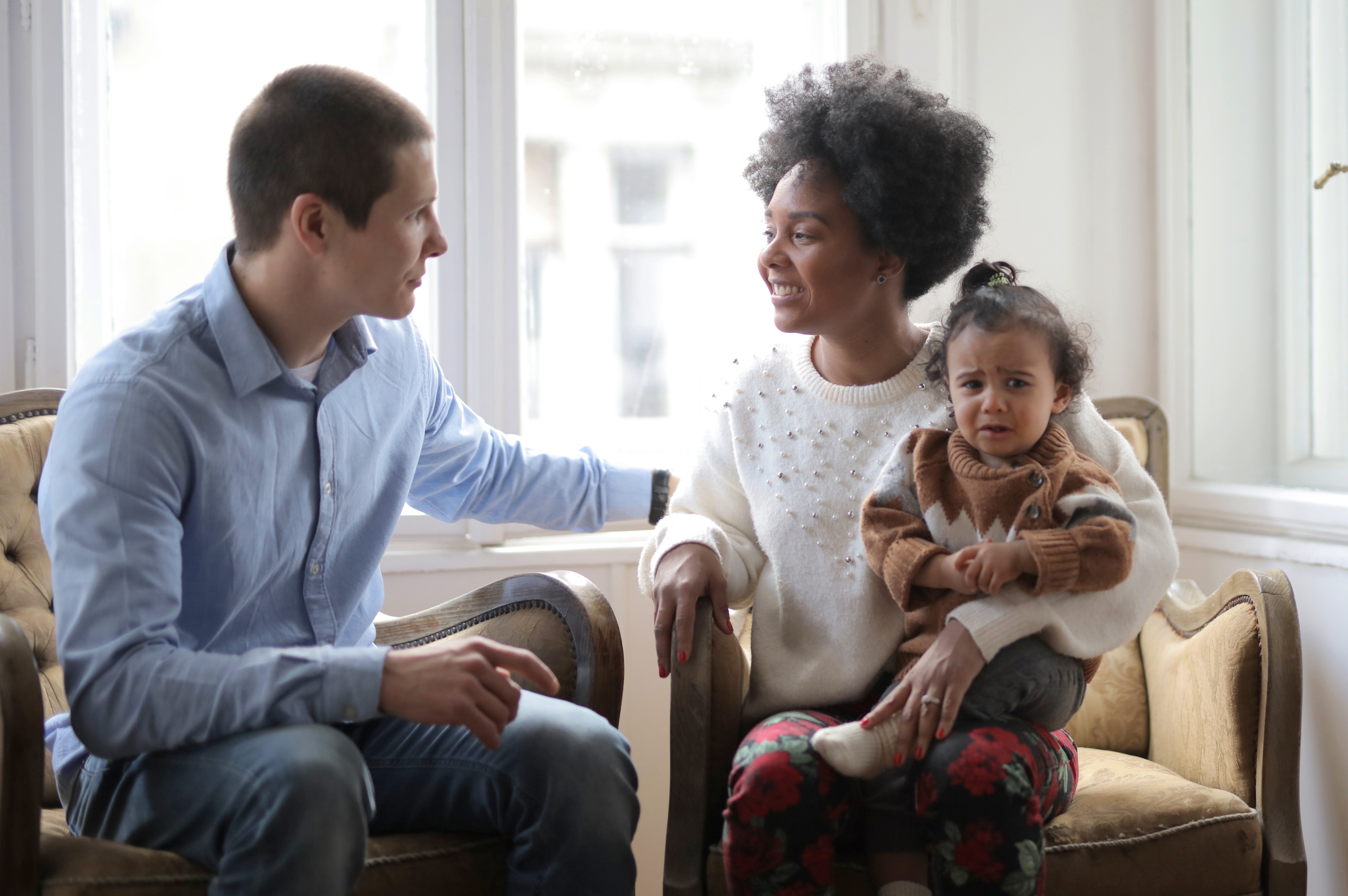Do I have to talk about my child’s disability?

It can be difficult for some parents of special needs children to have conversations about their child’s diagnosis with other people or even with their own family. This is a very common situation as parents might experience mixed feelings while trying to get used to their child’s condition. Furthermore, people might give various reactions to your child’s condition and they are not always good. However, talking about your child’s disability can be helpful to process your own emotions and to help others understand your child and your situation.
When talking about your child’s disability, it does not mean that you have to do it with every person you meet or everyone in your life. You can choose whom you are comfortable with to talk about these things. For example, you might want to start with your closest family and friends first as they can give you emotional and practical support. Nevertheless, you can still decide when you want to talk about it and exactly what you want other people to know. It is totally understandable if you need some time before talking to other people about your child’s diagnosis. They also don’t have to know every detail about your child’s condition, so you can decide which information you want to share.
It is entirely up to you on how you want to have conversations about your child’s disability. What is important is that you help other people understand so they can give you better support. For example, it might be helpful to talk to your child’s teacher so they can provide adequate support at school. Furthermore, if it’s OK for you, with the help from the school you can also talk about your child’s disability to their classmates and other parents to increase their understanding. This is also helpful to promote positive views on children about disability.
Other than talking to other people, it is also imperative to talk to your own family. This includes having a conversation with your partner, talking to your own child about their disability as well as their siblings (if they have any). When talking to your partner, try to listen and accept each other, especially when you have different views on the situation. This will be particularly helpful to maintain a good relationship, keep you focused on the positive lights of the situation, and when you need to make decisions regarding your child’s needs. Furthermore, your child also needs to understand about their own condition, including why they are different and why they sometimes struggle more than their peers in some areas. This will help them to accept their condition and not to feel bad about themselves. When talking to your child, remember to keep it age appropriate and positive but also realistic. This also applies when you try to explain the situation to your other child or children as siblings to your special needs child. Siblings of children with disabilities often feel guilty and confused about their sibling’s condition, so it is important for parents to give a proper understanding. It is important as well to encourage all of your children to share their thoughts and feelings about the whole situation.
References:
Morin, A. (2022, June 15). Talking to your child about their disability. Verfywell Family. https://www.verywellfamily.com/talk-to-your-child-about-his-or-her-disability-4142685
Parent feelings: Children with disability, autism or other additional needs. (2021, December 7). Raising Children Network Australia. Retrieved December 5, 2022 from https://raisingchildren.net.au/disability/family-life/communicating-relationships/parent-feelings-additional-needs
Talking about your child’s disability. (2021, December 7). Raising Children Network Australia. Retrieved December 5, 2022 from https://raisingchildren.net.au/disability/family-life/communicating-relationships/talking-about-child-disability
Telling classmates about your child’s disability may foster acceptance. (2020). PACER Center: Champions for Children with Disabilities. Retrieved December 5, 2022 from https://www.pacer.org/parent/php/php-c101.pdf
By: Salma Safira Sukma Ikhsani, S.Psi. from BehaviorPALS
talk, child, disability, family
Special Needs / Berkebutuhan Khusus / Parenting / Pola Asuh / Family / Keluarga / Do I have to talk about my child’s disability?
Comments













